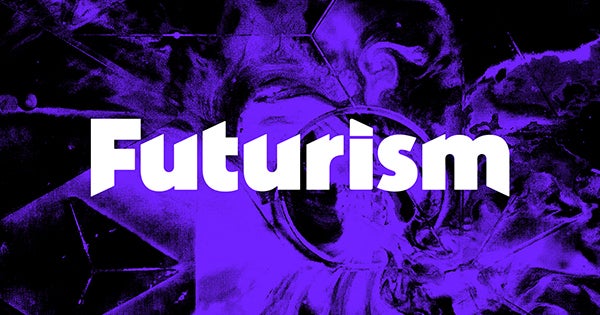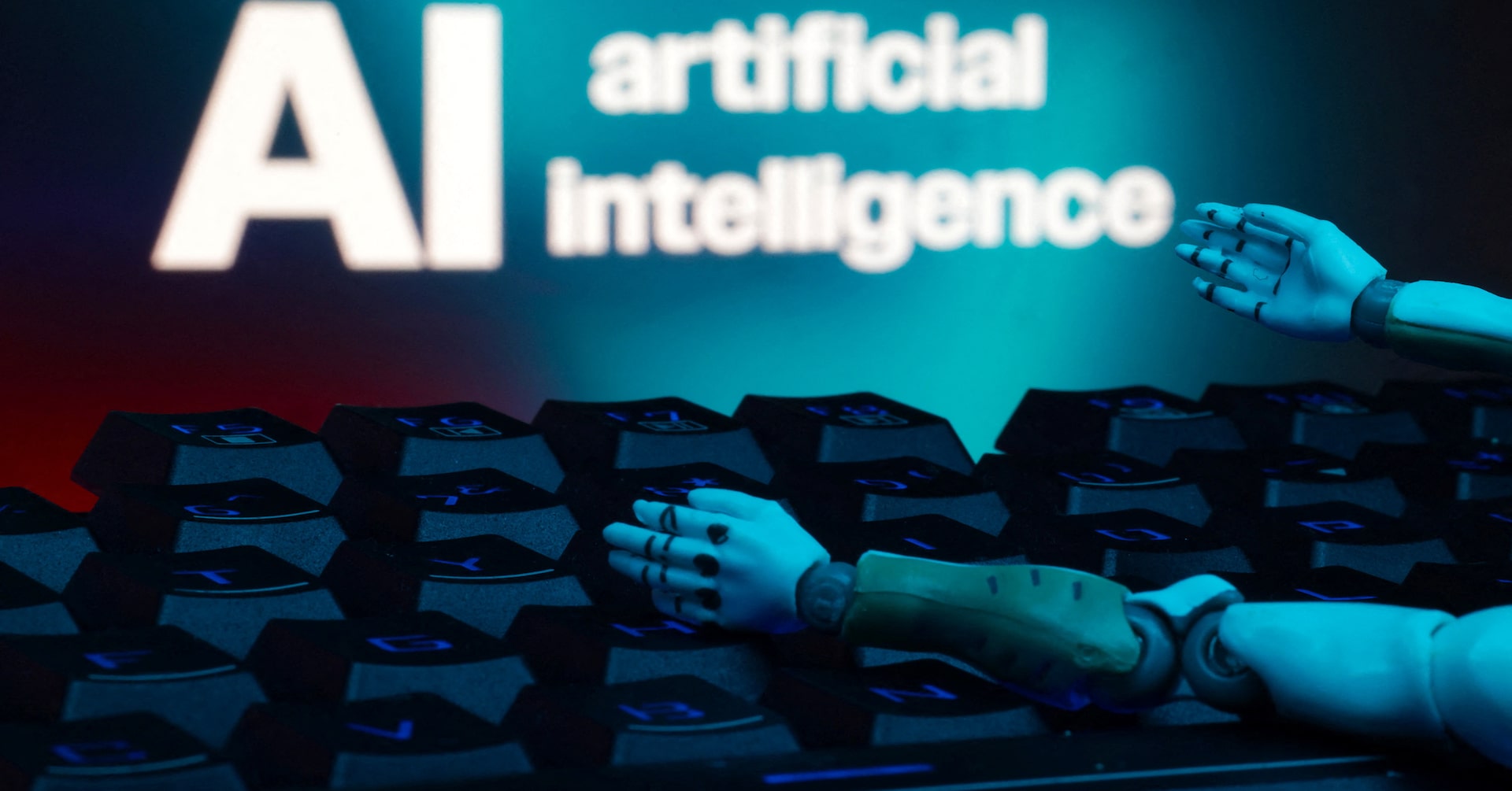
Advancements in futuristic health science and technology are accelerating rapidly, transforming the way healthcare is delivered and how diseases are diagnosed, monitored, and treated. From artificial intelligence (AI)-powered diagnostics to wearable devices and personalized medicine, these innovations aim to make healthcare more efficient, precise, and accessible.
One major area of innovation is in AI and machine learning. Medical AI systems are now capable of analyzing vast amounts of data to detect patterns that may be imperceptible to human clinicians. These systems are used in radiology, where they interpret images to identify abnormalities such as tumors or fractures. In some cases, AI has matched or exceeded the performance of human radiologists, suggesting wide-ranging implications for early diagnosis and preventative care.
Wearable health technology is also playing a critical role. Smartwatches and fitness trackers have evolved into sophisticated medical devices that monitor heart rates, blood oxygen levels, sleep patterns, and even detect atrial fibrillation. These devices empower patients to take control of their health and allow healthcare providers to receive real-time patient data for more responsive treatment.
Gene editing and bioengineering advancements, particularly CRISPR technology, are enabling precise modifications to DNA, offering potential cures for genetic disorders such as sickle cell anemia and some forms of blindness. While ethical and regulatory concerns continue to be debated, the capabilities of gene therapy are promising and have already entered clinical trials.
Telemedicine has also seen a dramatic rise, driven by the COVID-19 pandemic and sustained by consumer demand. Remote consultations, virtual mental health services, and AI-assisted triage systems are reducing barriers to care, particularly in rural or underserved areas.
Additionally, researchers are developing organ-on-a-chip and 3D bioprinting technologies that mimic human organ systems, which could revolutionize drug testing and reduce reliance on animal models. These platforms provide safer and more accurate testing environments that better reflect human physiology.
Overall, these developments in futuristic health science and technology demonstrate a shift toward a more proactive, personalized, and data-driven healthcare model. While challenges such as data privacy, equity in access, and ethical standards remain, the future of medicine looks increasingly digital and decentralized, promising improved outcomes for patients around the world.
Source: https:// – Courtesy of the original publisher.








